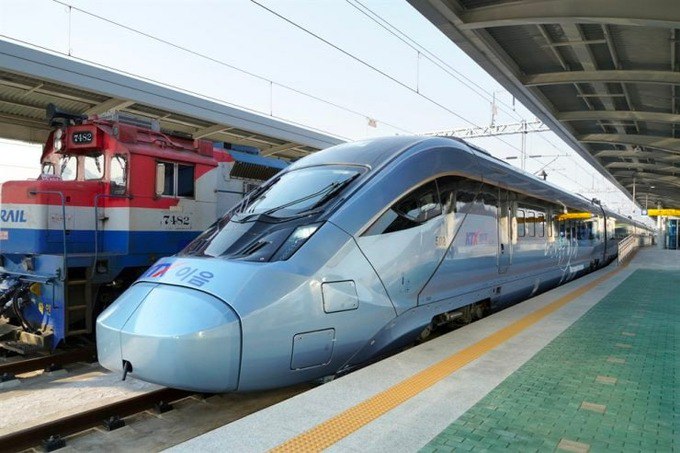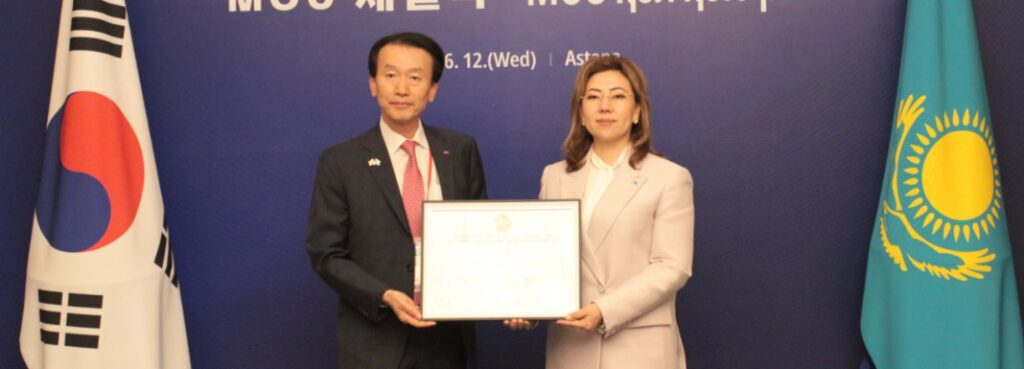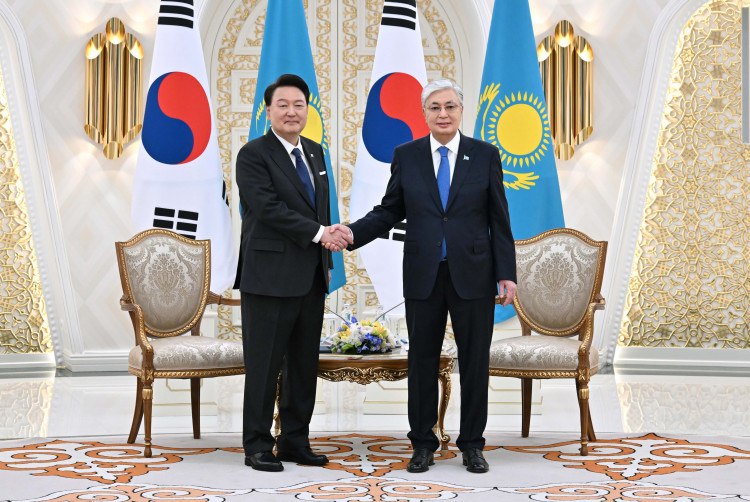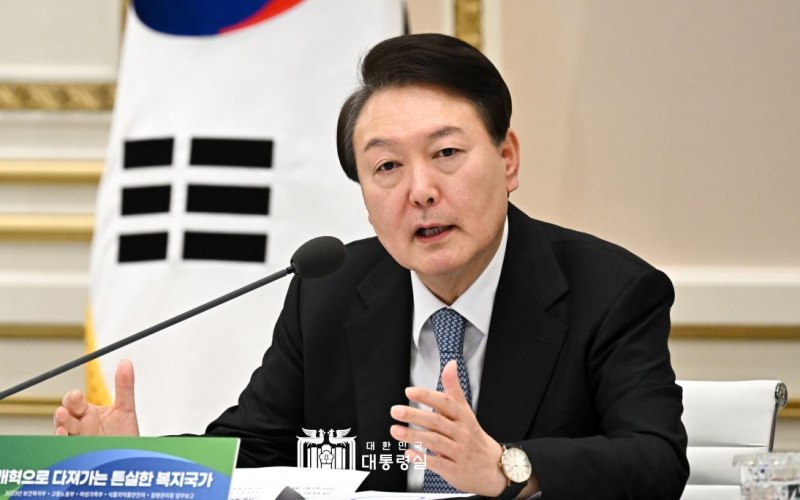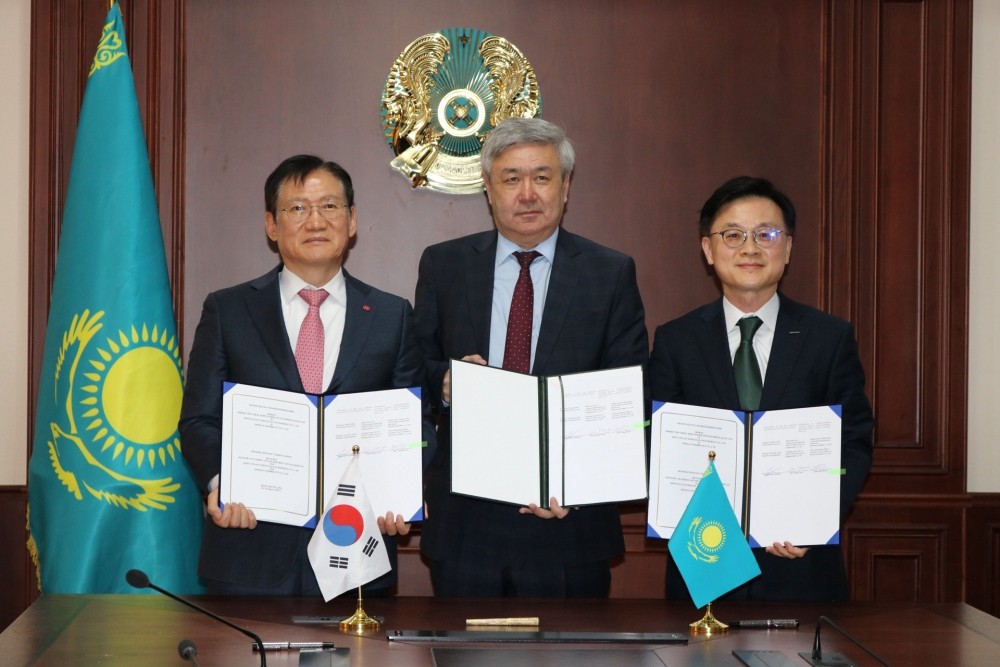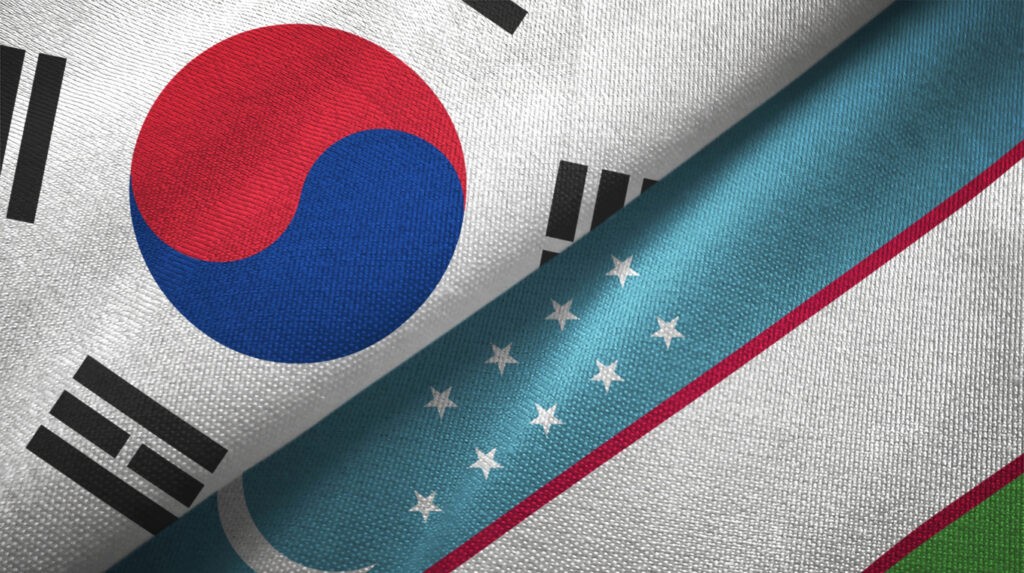The authorities in the Republic of Korea have offered an option to citizens of Uzbekistan who are in the country illegally to return home without facing legal repercussions. To do this, they must voluntarily leave South Korea by February 29th to avoid being subject to deportation rules and be able to return legally in the future. According to the Agency for External Labor Migration of Uzbekistan, illegal migrants can apply for voluntary departure with the immigration service of Korea up until three working days before the expected date of departure. Applicants need to present their passport and an airline ticket. The service will then issue the migrant an identity card, with which Uzbekistani nationals will be able to return to their home country without hindrance. South Korea is one of the most popular destinations for Uzbeks, both for work and studies, with Uzbeks occupy fifth place by size of foreign diaspora in the country and numbering more than 69,000. Among them are a large number who are in Korea illegally; according to this indicator, Uzbekistan ranks third. The most popular scheme involves obtaining a D-4 visa, which is granted to foreign citizens who study the Korean language. Having received this and reached the Korean peninsula, citizens of Uzbekistan then start working and stay in the country illegally. In recent years, the Government of Uzbekistan has established regulations for legal and safe labor migration to South Korea, and at the start of 2024, the republic announced its intention to attract 100,000 Uzbeks to work in the country. Workers are required in sectors such as manufacturing, agriculture, services, and construction. To enter the South Korean workforce legally, Uzbeks need to pass language qualification exams and interviews. Labor migration to South Korea is also well established in neighboring Kyrgyzstan. Over the past 16 years, 5,000 Kyrgyz have been employed. Citizens of Kyrgyzstan can work there under a contract for four years and nine months, and receive more $2,000 per month. This year, Korea has allocated a quota for labor migrants in the amount of 3,300 people - an increase of 18% on 2023. By contrast, the issue of labor migration to South Korea from Kazakhstan is still at the negotiation stage. If the parties reach an agreement, Kazakhs will be able to work in Korea for three years - provided they successfully pass the language and professional tests. However, the lack of an agreement does not stop those who wish to earn money in Korea: according to the immigration service of Korea, since the beginning of 2023 about 7,000 Kazakh citizens have been staying in the country without labor visas. The number of companies interested in hiring illegal migrants in South Korea is constantly expanding for one simple reason: it's profitable. Migrants are not protected in any way in case of labor disputes, and they earn much lower wages than legal workers. Accordingly, the number of migrants who die working in dangerous industries is also increasing. From 2019 to 2022 alone, 61 Kazakh...
